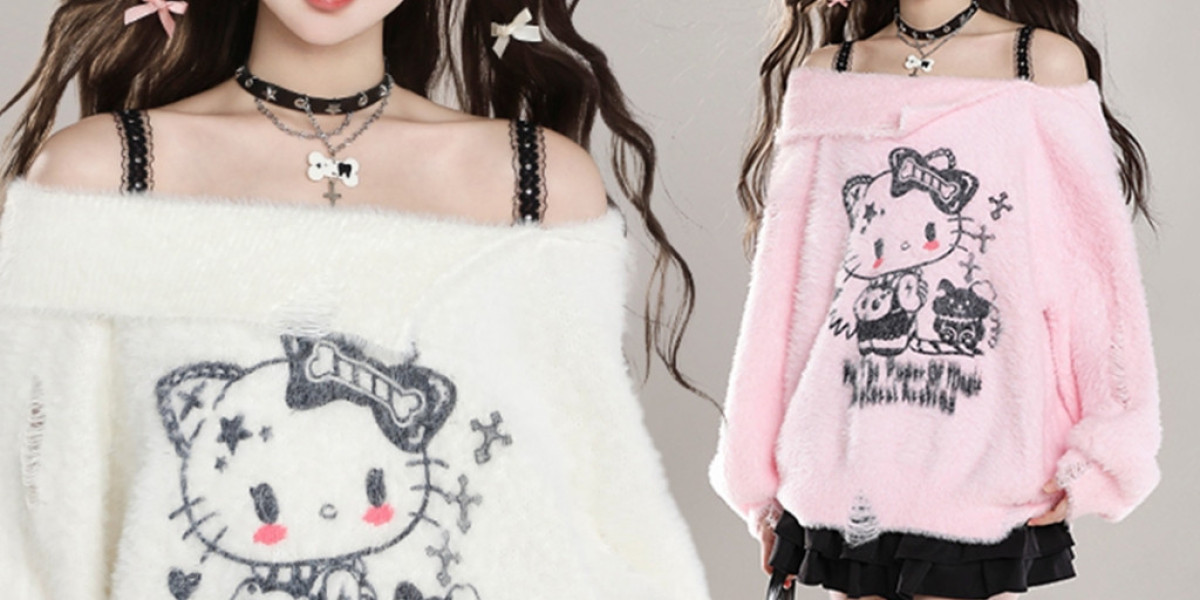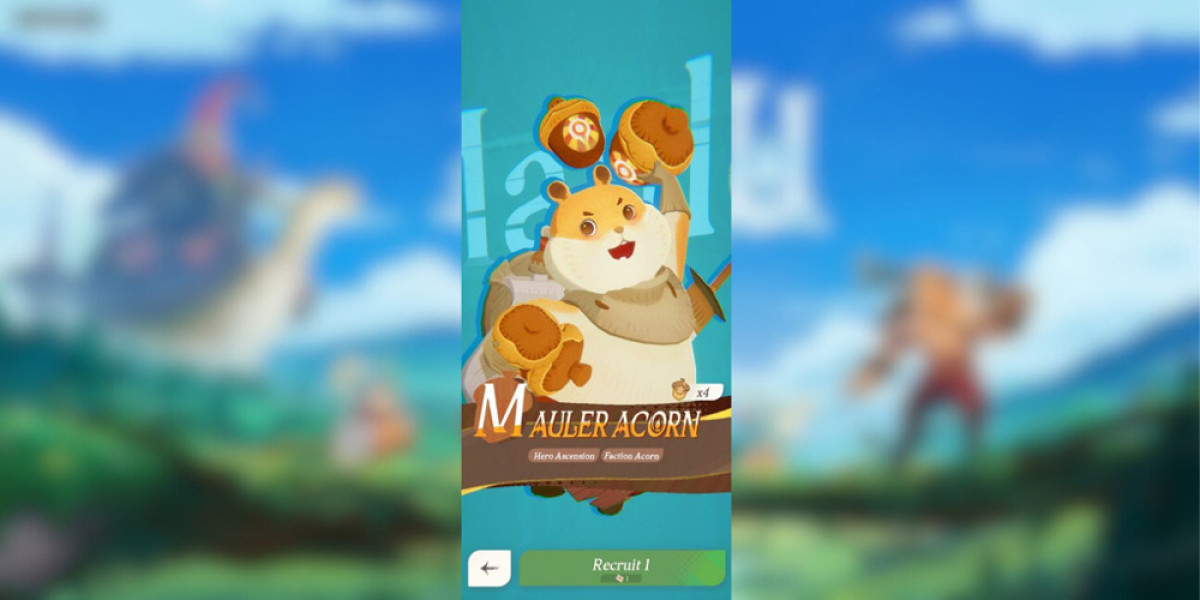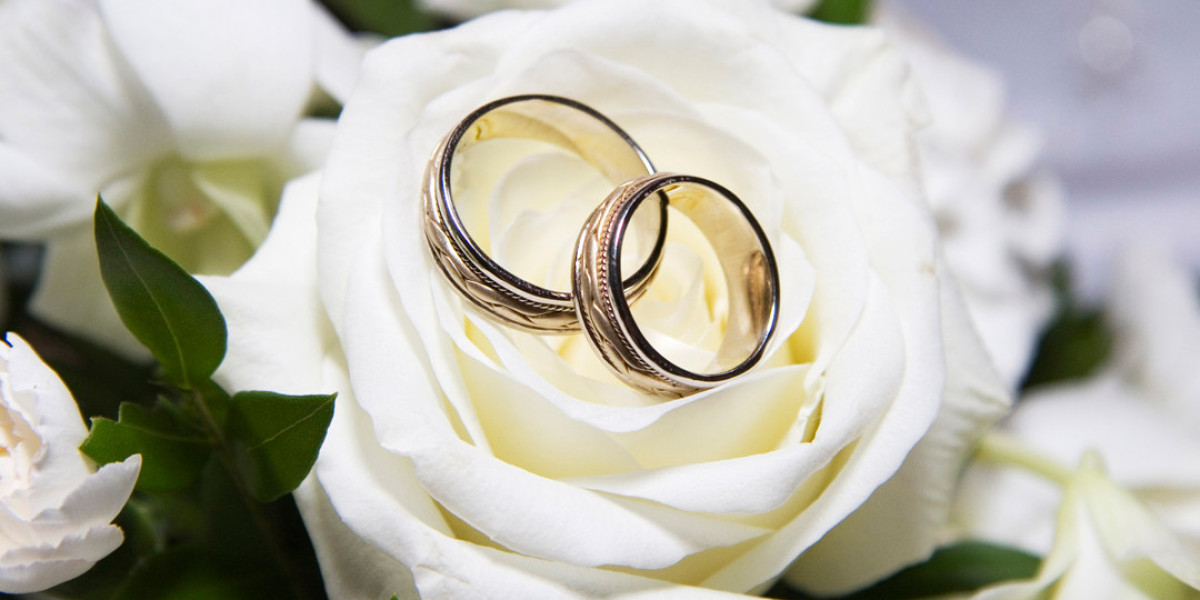Introduction
In recent times, the kawaii aesthetic has become more and more well-liked in style and tradition. Originating from Japan, kawaii is a cultural phenomenon that celebrates all things cute, charming, and adorable. This aesthetic has made its approach into clothes, with kawaii outfits characterized by pastel colors, fluffy fabrics, and whimsical designs. In this text, we'll discover the science behind kawaii aesthetic outfits and why they hold such enchantment to people of all ages.
The Psychology of Cute
The attraction of kawaii outfits lies in their ability to evoke emotions of warmth, happiness, and comfort. In response to psychologists, the idea of cuteness triggers a positive emotional response in people, known as the "cuteness response." When we see one thing cute, our brain releases dopamine, the feel-good neurotransmitter that promotes feelings of pleasure and satisfaction. This is why kawaii outfits, with their mushy textures and playful designs, can convey a way of joy and contentment to those that put on them.
Moreover, analysis has proven that publicity to cute photographs can improve cognitive performance and improve attention to detail. This is known because the "cuteness effect," the place viewing cute stimuli improves focus, reminiscence, and downside-fixing skills. Therefore, sporting kawaii outfits might not solely make you feel good but also boost your mental acuity and productivity.
The Function of Colour and Pattern
One in all the important thing components of kawaii aesthetic outfits is their use of pastel colors and playful patterns. Pastel hues, comparable to mushy pink, mint inexperienced, and baby blue, are generally associated with innocence, youthfulness, and tranquility. These colours have a calming effect on the thoughts and are often utilized in interior design to create a way of peacefulness and serenity. When included into clothing, pastel colours can convey a sense of whimsy and sweetness, including to the overall charm of kawaii outfits.
Along with coloration, patterns play a vital role in defining the kawaii aesthetic. Polka dots, stripes, florals, and animal prints are commonly present in kawaii clothing, giving them a fun and quirky attraction. These patterns evoke feelings of nostalgia and playfulness, reminding us of childhood and carefree days. By combining pastel colours with whimsical patterns, kawaii outfits create a visible feast for the eyes that is each delightful and enchanting.
The Influence of Tradition
The kawaii aesthetic is deeply rooted in Japanese tradition, where cuteness is celebrated and embraced. In Japan, kawaii extends beyond style to encompass a method of life, where being cute and charming is considered a desirable trait. This cultural emphasis on cuteness has formed the way in which folks dress, talk, and interact with one another.
In Western societies, kawaii has gained recognition as a subculture that appeals to individuals in search of a way of innocence and playfulness in an increasingly chaotic world. Kawaii outfits supply a way to escape the pressures of adulthood and recapture the magic of childhood, permitting people to precise themselves freely and authentically. By embracing the kawaii aesthetic, individuals can faucet into their sense of wonder and imagination, fostering a higher connection to their internal youngster.
Conclusion
In conclusion, the kawaii aesthetic holds a special place on the earth of vogue and tradition, providing a whimsical and enchanting various to traditional clothes types. By means of the use of pastel colors, playful patterns, and cute designs, kawaii outfits tap into our innate need for warmth, happiness, and consolation, creating a way of joy and contentment for many who wear them. By understanding the science behind kawaii aesthetic outfits, we can respect the transformative power of cuteness and its ability to enhance our temper, cognition, and total effectively-being. So why not embrace your internal kawaii and indulge in a little bit of cute fashion at present?








